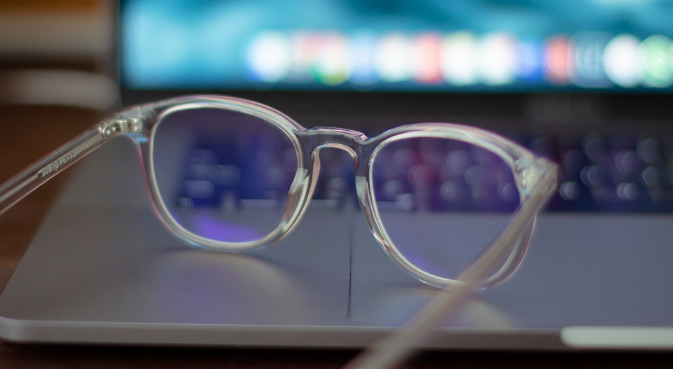In this age of technology, digital devices have become an indispensable part of our daily lives. Computers, smartphones, tablets, and even some kinds of lighting produce a form of light known as blue light. While it's not inherently harmful, prolonged exposure to blue light, especially at night, can have several impacts on our health, including potential damage to our eyes and disturbances to our sleep. One potential solution for these issues is blue light glasses. But how do you know if you need them? Here's a guide to help you decide.
What are Blue Light Glasses?
Blue light glasses are specialized eyewear designed to filter out the potentially harmful blue light emitted by digital screens. They often have a slight yellow or amber tint, which helps to block or absorb blue light, reducing the strain on your eyes and potentially improving sleep quality.
Who Should Consider Blue Light Glasses?
If you find yourself using digital devices for extended periods, whether for work or leisure, you might be a good candidate for blue light glasses. Here are some specific indicators that you might need them:
1. Frequent Digital Device Use: If your work or lifestyle involves spending prolonged periods on digital devices, you're constantly being exposed to blue light. This exposure can lead to eye strain, headaches, and sleep disturbances.

2. Experiencing Digital Eye Strain: Digital eye strain, also known as computer vision syndrome, includes symptoms such as dry eyes, blurred vision, red eyes, and eye discomfort. If you experience these symptoms after a long period of screen use, blue light glasses may be a worthwhile investment.
3. Difficulty Sleeping: Research has indicated that excessive blue light exposure, especially before bedtime, can interfere with the production of melatonin, a hormone that regulates our sleep-wake cycle. If you have trouble sleeping and spend a lot of time in front of screens, particularly in the evening, blue light glasses could potentially help.
4. Concerns about Potential Long-Term Damage: While the long-term effects of blue light on the eyes are still being researched, some studies suggest a potential link between prolonged blue light exposure and macular degeneration. If this is a concern for you, it might be prudent to use blue light glasses as a preventive measure.
A Balanced Approach
While blue light glasses can be beneficial, they are just one part of the equation for maintaining healthy eyes in the digital age. It's also crucial to follow good digital hygiene practices, such as the 20-20-20 rule: every 20 minutes, take a 20-second break and look at something 20 feet away.
Furthermore, ensure that your digital workspace is well-lit and ergonomically set up to reduce eye strain and fatigue. Regular eye check-ups are also essential to keep your vision in check and catch any potential problems early.
In conclusion, if you are a frequent user of digital devices and experience symptoms like eye strain, headaches, and disturbed sleep, you might benefit from blue light glasses. Remember, though, that they should be used in conjunction with other eye care strategies for optimal results. Always consult an optometrist or healthcare professional if you have concerns about your eye health.
